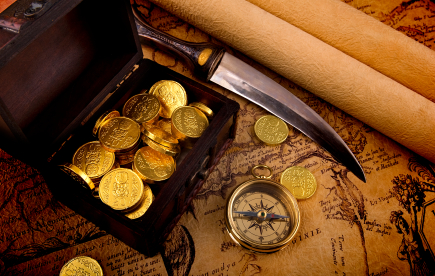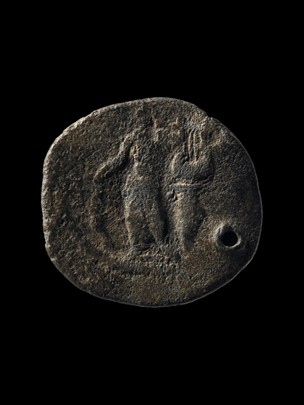From bes to Bitcoin: alternative currencies in the ancient Roman world
 Be it Bristol or Brixton, in recent years a number of cities in Britain have developed their own alternative, local currencies. Intended to support independent businesses, these currencies work alongside pounds sterling to encourage more money to be spent in the local economy. But, as historian Clare Rowan explains, the concept is anything but modern – in fact, alternative currencies date back as far as ancient Rome…
Be it Bristol or Brixton, in recent years a number of cities in Britain have developed their own alternative, local currencies. Intended to support independent businesses, these currencies work alongside pounds sterling to encourage more money to be spent in the local economy. But, as historian Clare Rowan explains, the concept is anything but modern – in fact, alternative currencies date back as far as ancient Rome…
From David Bowie on the Brixton Pound to Isambard Kingdom Brunel on Bristol’s equivalent, today’s local currencies tend to carry images of notable local individuals and landmarks. The decision to decorate local currencies with such statements of regional identity and culture – just as nation states decorate their currencies with imagery deemed culturally significant – reflects the ideological nature of money. This is an aspect of the medium that is often overlooked as coins and notes pass seamlessly from hand to hand.

Dr Clare Rowan is an assistant professor in numismatics – the study of coins, banknotes and medals – in the Classics and Ancient History department at the University of Warwick.
Read more in her article in BBC History magazine.
Contact:
Alex Buxton: Media Relations Manager, University of Warwick
Tel: 02476 150423
Mob: 07876 218166
E: a.buxton.1@warwick.ac.uk
